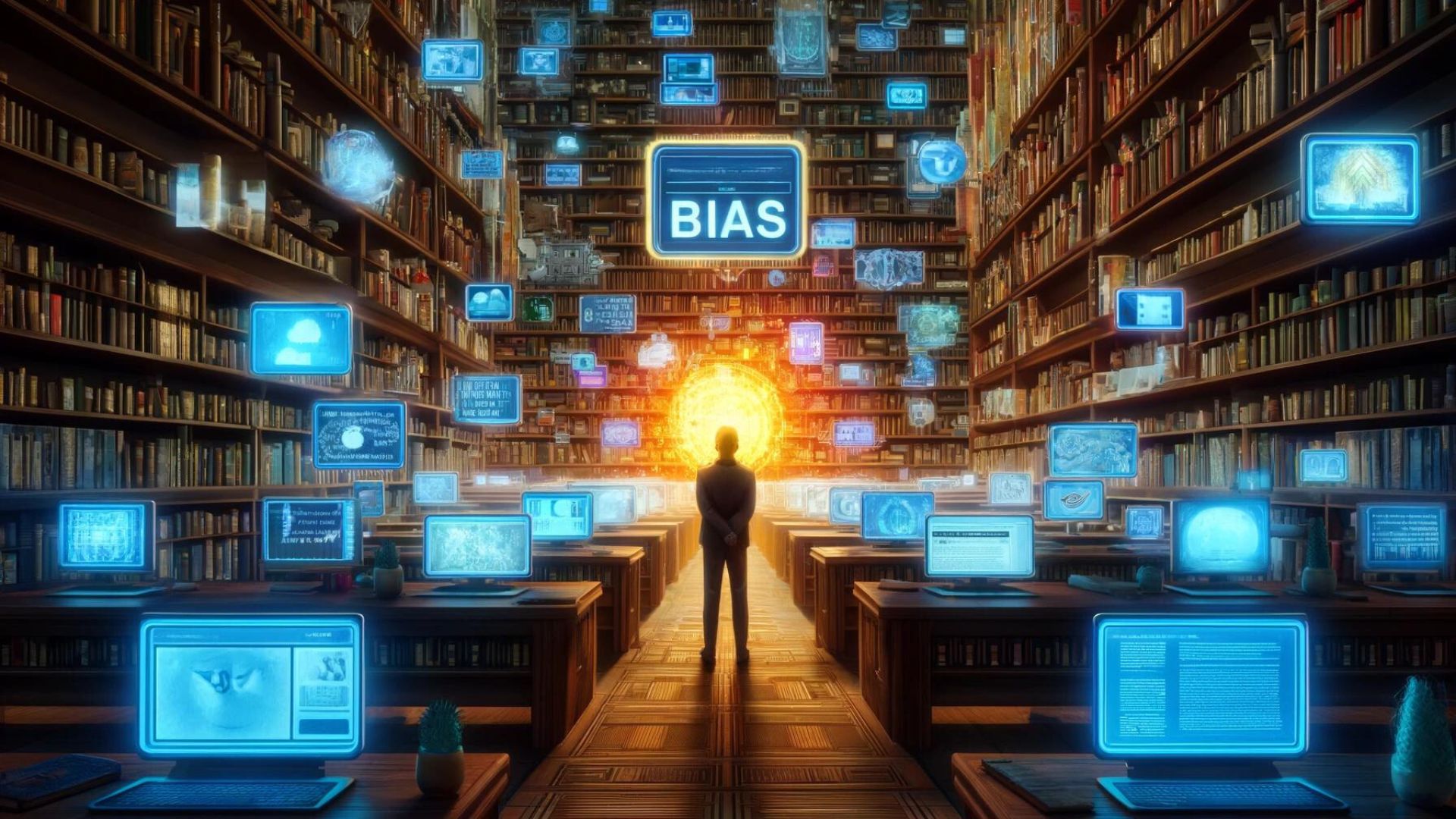Caught in the Trap: Understanding Confirmation Bias
Have you ever noticed how easily you find evidence to support your beliefs while completely overlooking anything that contradicts them? That’s not a coincidence – it’s a quirk of the human mind called confirmation bias.
What is Confirmation Bias?
Confirmation bias is our brain’s tendency to favor information that aligns with our existing beliefs, values, or expectations. It’s like wearing mental blinders that filter out anything that might challenge our worldview.
How Confirmation Bias Works
Confirmation bias operates in several sneaky ways:
- Selective Attention: We pay more attention to information that confirms what we already believe and are prone to dismiss contradictory evidence.
- Biased Interpretation: We often twist ambiguous information to fit our beliefs. Think of political debates where viewers on opposite sides see the same event in totally different ways.
- Selective Memory: We’re more likely to remember information that supports our beliefs, conveniently forgetting anything that opposes them.
Why Confirmation Bias Matters
Confirmation bias has far-reaching consequences:
- Reinforces Misinformation: It fuels the spread of fake news and makes it harder to separate fact from fiction.
- Polarization: It leads to echo chambers where people only interact with those who share their beliefs, further solidifying biases.
- Poor Decision-making: It hinders our ability to make rational, well-informed choices by clouding our judgment.
Fighting Back Against Confirmation Bias
While confirmation bias is deeply ingrained in us, there are ways to loosen its grip:
- Seek Out Opposing Views: Actively search for information that challenges your beliefs. Don’t just consume news or media that agrees with you.
- Be Skeptical: Develop a healthy dose of skepticism about information that seems too good to be true, especially if it perfectly aligns with your biases.
- Embrace Being Wrong: Accept that sometimes your beliefs might be inaccurate and be willing to change your mind in light of new evidence.
Breaking Free from the Echo Chamber
Confirmation bias makes us prisoners of our own beliefs. By understanding how it works and actively seeking out different perspectives, we can train our minds to be more open, critical, and ultimately arrive at a more accurate understanding of the world.










0 Comments